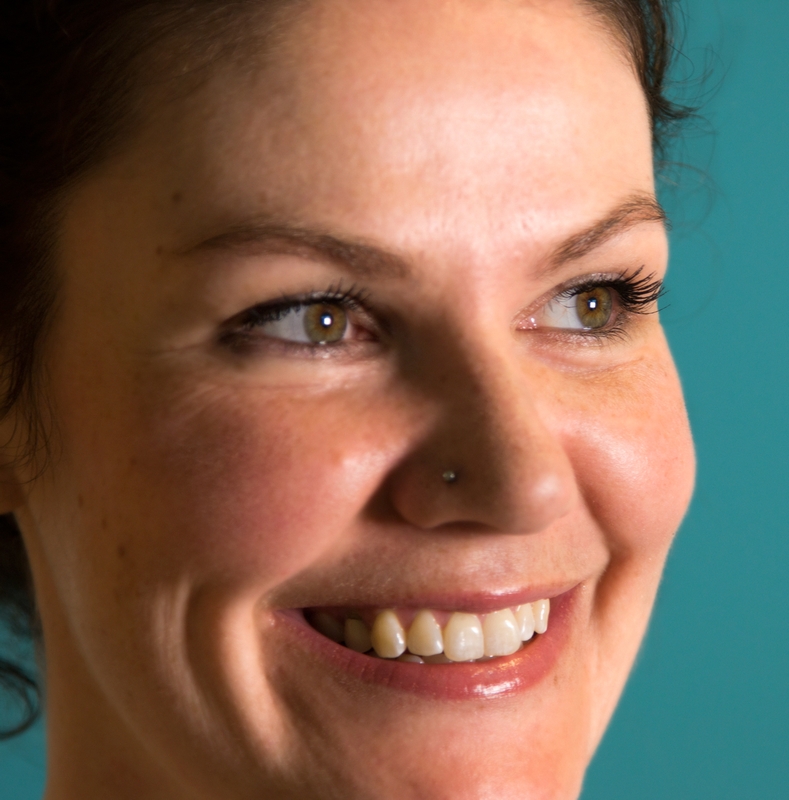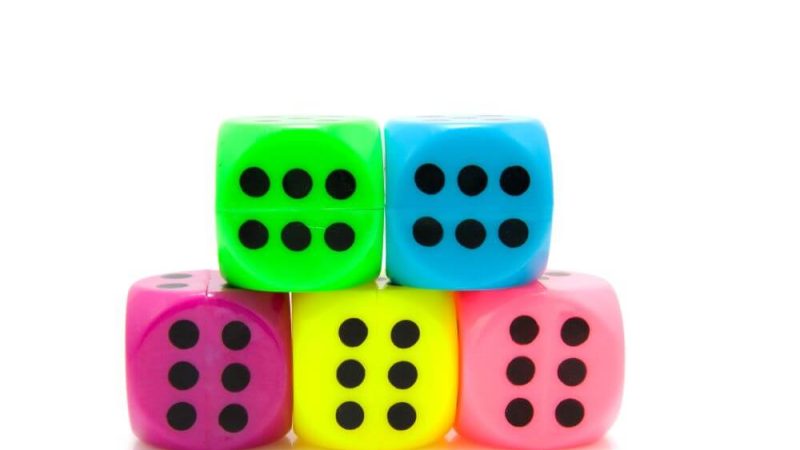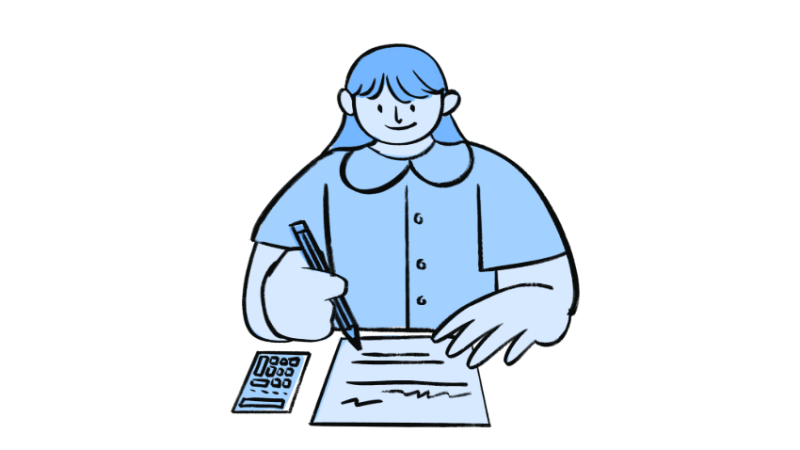Make Maths Fun And Get Hands-On In Early Years
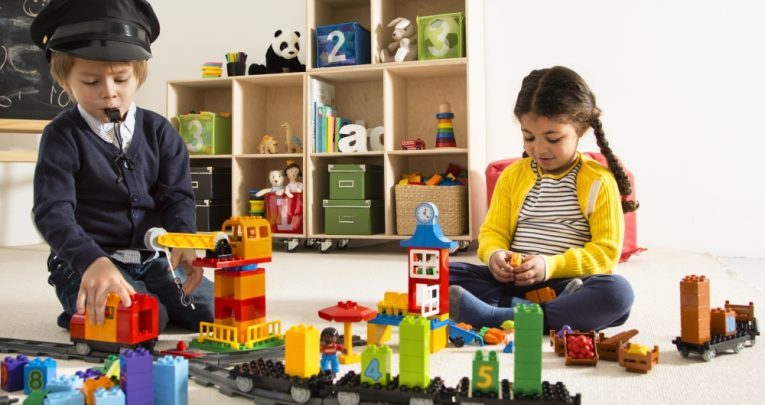
Jess Clifton from LEGO Education explains why numeracy is an important life skill and why young children need to get hands-on when learning about maths.
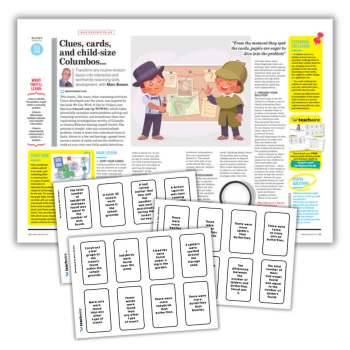
Numeracy is a skill we use every day, sometimes without even realising.
How many times have you counted out your change to pay for something? Or checked your watch for the time? These all involve some basic form of maths knowledge – so it follows that engaging young children with maths from an early age and helping them become proficient in numeracy is vital in preparing them for their future.
Make it meaningful Exploring learning with children should involve activities that are both practical and fun, since play is a natural way in which children learn – and maths is no different.
Children grasp concepts far better when they’re meaningful, and hands-on. Why not have children set up their own café and have specific roles including customers and servers? They will have fun getting creative and playing different social roles, while also developing their understanding of basic maths skills such as counting, shapes and numbers.
LEGO® Education’s Café+ is a versatile resource designed to teach maths at the EYFS, and gives children all they need to run their very own café. Using the included recipe cards, children can follow instructions and use colourful components to build their own menus, before serving customers using the supplied coin elements.
The resource is designed to be used by several children at once, meaning it can also help to develop communication and teamwork skills.
Build together When developing children’s knowledge of maths during the early years, learning often needs to be visual and include physical tasks. Objects and shapes provide children with a far more effective means of exploration than numbers on a page; they are tangible, and as such, enable children to better understand concepts such as counting, and addition and subtraction.
Playing with shapes and objects also helps children to develop their mathematical language, including their understanding of words such as ‘heavy’, ‘tall’, ’round’ and ‘short’. All the while, these hands-on activities or tasks are engaging them and making learning fun.
LEGO® Education’s Maths Train introduces children to numeracy through play. The colourful bricks enable children to construct and reconstruct all manner of creations, while simultaneously developing their number recognition skills and problem-solving abilities.
For example, you can task children with loading up the train with numbered blocks that add up to the value of 10, and then have them drop the blocks off at different stations along the track. As they do so, they can count the total value of the bricks left on the train and the value of those blocks that have been unloaded. As their numerical skills improve, they can be challenged further by increasing the value of the bricks used.
Maths for life Research has found that if children fall behind at the EYFS they can struggle to catch up throughout the rest of their education. It’s therefore crucial that they are given the learning opportunities they need to achieve or exceed what will later be expected of them in maths.
Learning needs to be fun and hands-on. This way, children are able to see first-hand what they’re learning and understand key mathematical concepts, while developing important problem-solving skills and confidence in the process. If we can foster in young children an enjoyment of maths and a means of discovering their own capabilities during the EYFS, the possibilities for their future are limitless – they could go on to study mathematics at university, become the next Sir Isaac Newton, or even devise new Pythagoras’ Theorem questions.
The key to this? Making learning fun!
To find out more about LEGO® Education UK and its Early Years education resources, visit www.legoeducation.co.uk




